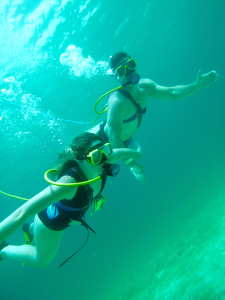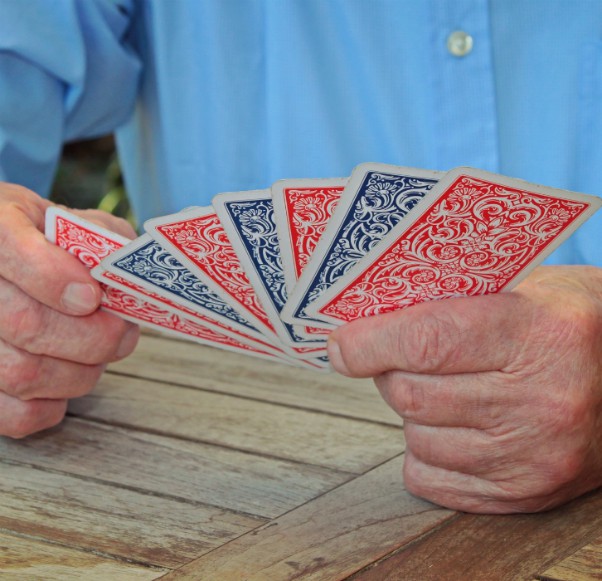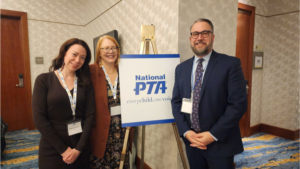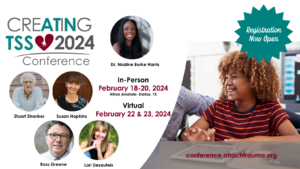Don’t you mean an A student?
Nope. My child is not an A student. My child is an AAA student: Amygdala Always in Action. If you are a parent reading this, I bet you have an AAA child too. And if you happen to be a teacher, you almost certainly have AAA students in your classroom. This, as we will see below, requires a paradigm shift. Dan Siegel, Bruce Perry, and others have written abundantly and well about the structures of the brain and the effects trauma can have on the brain’s development. You can also read the 2015 governmental report Understanding the Effects of Maltreatment on Brain Development to learn more. Those resources will help you understand what AAA is. I want to focus on how we parent it, teach it, live with it. . . or rather them. We work with human beings, after all, in this case children or young adults. These sometimes tiny, sometimes towering humans often have little or no control over their brains. They never asked for this; they just have to play the hand they were dealt.Playing the game that fits the deck
Not only do they have to play the hand they were dealt, they need us to play alongside them. But here’s the thing–you can’t play bridge with Old Maid cards. And yet, many of us try to do just that, especially in one of those rare moments when it seems like we might be playing with a regular deck. It can also happen if we’ve been around non-AAA children, or if someone has shamed us or tried to “help” us work with our AAA child. We teachers believe we must control these students at all costs. If they fail to behave or advance the way non-AAA students do, the assumption is that it must be our fault. This can feel like a threat to our employment, as well as to our self-concept. We care a lot about not just our students, but also the parents and the school, and we hate feeling that we’ve failed. This is not fair, however. We are trying to play bridge with an Old Maid deck.The solutions
Two things have to happen for us to parent and teach these AAA kids effectively. The first, which I’ll describe today, is a paradigm shift, the kind Melissa Sadin describes when she works with schools. The second, which I’ll discuss next week, is love, love as described by people like Ross Greene, Edward Hallowell, and Bryan Post.The paradigm shift
“Paradigm shift” often means “looking at things differently.” For those of us parenting or teaching AAA children, however, it means far more. This paradigm shift has two parts: (1) a basic, fundamental change in our approach to parenting and teaching (fundamental as in “the foundation on which everything else is built”). (2) a fundamental change in our underlying assumptions. This refers to all those beliefs about children that we accept as true, without necessarily having proof to back them up. Our children might look like other children on the outside, but the inside is another story, especially when it comes to their brains. What we assume about AAA children must therefore differ, sometimes substantially, from what we assume about non-AAA children. This is not the kind of simple, mechanical shift where you’re facing North and need to face East, so you turn to the right. We do not operate in a world where a simple change of direction to another point on the compass will work. We live in another world, something that feels almost under water, which we sometimes try to do without a submarine or even basic scuba gear. Yet everyone needs oxygen. If we don’t embrace the paradigm shift, we will try our hardest to make an immediate difference, try and force the child to change so that we can both get up on dry land, or at least stand in the shallows. If we do make the shift, however, we accept that probably isn’t going to happen, at least not any time soon. Instead, we put on our scuba gear and dive deep down, even when the water seems cold and dark, to meet the child, and then we swim back together.



